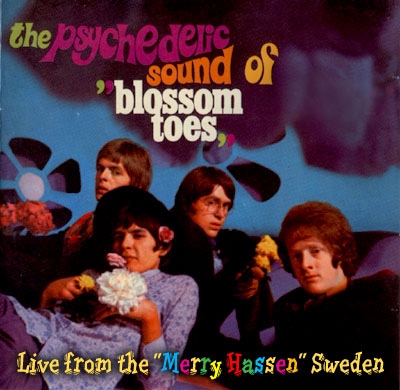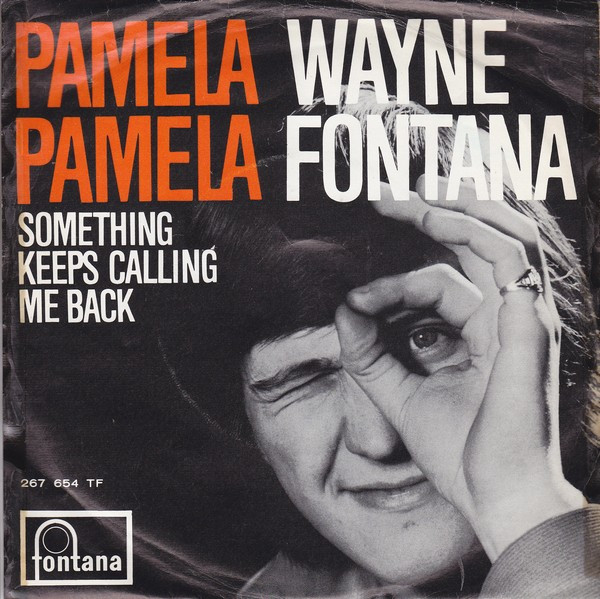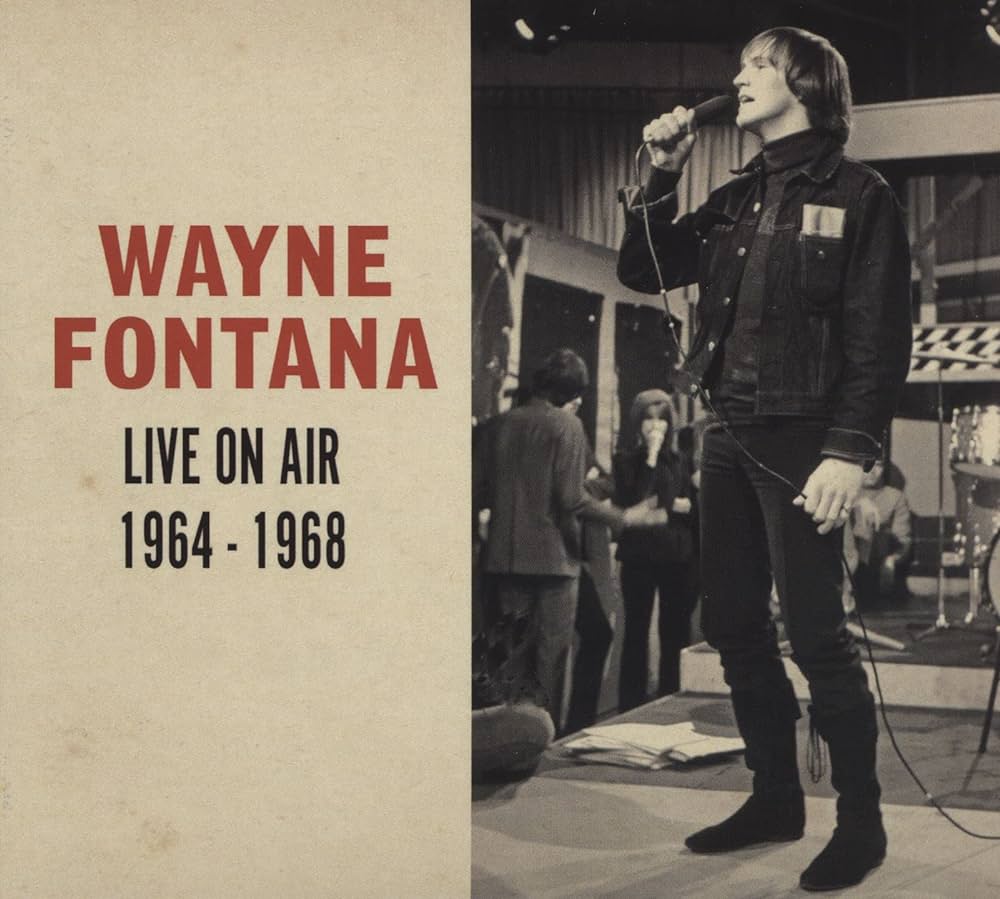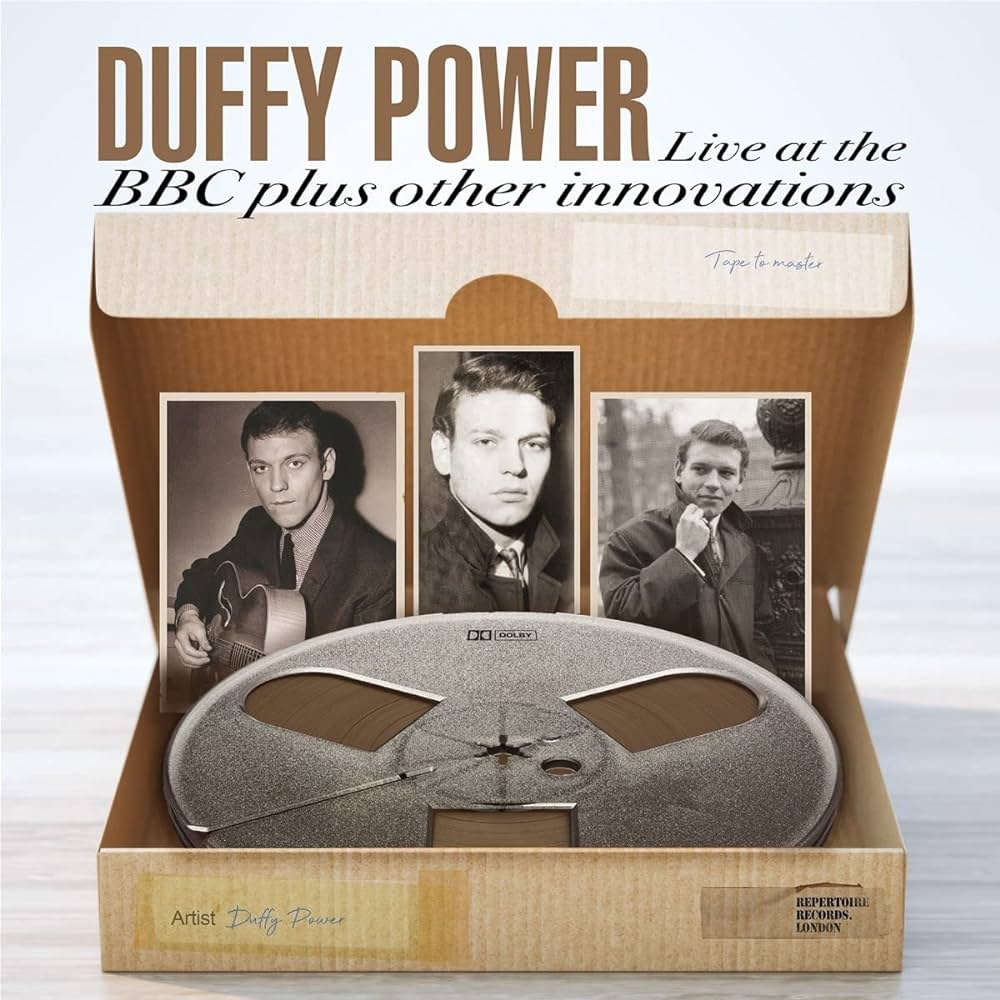An enormous amount of valuable rock music was performed on BBC radio in the decade or so after the Beatles’ first session in March 1962. Fortunately tapes of much (though far from all) of it survive, varying in fidelity from superb to lo-fi tinniness that seems to have resulted from putting a home recorder next to a radio speaker. Also fortunately, many BBC tapes have come out on official releases, and many others have unofficially circulated.
In my previous post, I discussed rock radio sessions in the 1960s on the BBC that differed notably from what groups offered on their official recordings. That post focused on a few specific groups I think took the best advantage of the format, all of them well known. Those were the Beatles, Fairport Convention, and Pink Floyd, with an honorable mention to Fleetwood Mac.
It wasn’t too often that anyone presented a BBC version of an officially released studio track and substantially changed the arrangement. There might have been two opposing viewpoints taken into consideration as to whether to do such things. One, and the one probably preferred by fans decades later looking for something different than the official record, would be that the BBC offered a fairly low-pressure environment for experimenting and offering a version as different from the familiar one as the Beatles’ “Revolution” single was from the “Revolution 1” version of the same song on The White Album.
The more cautious and common one is that it would take a lot of effort to reinvent an arrangement for just one BBC performance that, to the performers’ knowledge, wouldn’t be released and just be broadcast once or twice, before it was realized that BBC sessions had some commercial value on reissues many years later. In addition, a lot of acts probably viewed the sessions as promotion for their records, and wouldn’t have thought it sensible to perform versions that varied notably from what you’d hear on official vinyl.
Once in a great while, an act would conjure a BBC variation quite different from the studio version, and in some cases superior. Here are a few obscure ones:
The most obscure of these, but also the most interesting, was by a group who were themselves obscure, Blossom Toes. Their two late-’60s albums were among the best fairly little known ones of the British psychedelic and early progressive rock era, though they’re more well known, at least among collectors, now than they were then. The first of these, We Are Ever So Clean, was wistful psych-pop with traces of the Beatles and the Kinks, but with its own brand of tuneful whimsy. One of the better tracks was “Love Is,” with its melancholic, bittersweet look at fading love. It was embellished, as much of the album was, by orchestration, including a cello.

The BBC version is as different from the studio one as the White Album version of “Revolution” was from the single. There’s no orchestration from session musicians; the song’s much slower and more somber; the harmonies are more haunting; there’s a prominent flute; and, most notably, a ghostly mellotron. It’s almost like the dark doppelganger of the relatively cheery studio counterpart, as if it’s the reflection of what’s really felt when a love affair ends, and not a glossier lament. It’s true that not many are familiar with the original version to begin with, and not too many have concerned themselves with the differences. They’re about as wide as they are on any BBC rock recordings of interest from the 1960s, however, and the BBC version is now fortunately easily available on CD, after only having done the rounds unofficially for many years.
It might have been effective for Blossom Toes to present both of these different arrangements on one album, as is sometimes done for very different versions by plenty of acts, including the Beatles on Sgt. Pepper (with the reprise of the title song). This would almost have subtly conveyed how the romance in the song could be experienced in very different ways. Or, at the very least, to put the BBC version, or a studio recording following the BBC arrangement, on a B-side; as obscure as they were, Blossom Toes did have non-LP-B-side material. This too was sometimes done by acts—not just the Beatles—who did very different versions of the same song on album vs. single. It’s not known if Blossom Toes even thought of this, but the BBC variation is certainly worth hearing.
Wayne Fontana is not nearly as obscure as Blossom Toes. He fronted the Mindbenders on the 1965 #1 classic hit “Game of Love,” after all. His solo career didn’t go so well, and he never made the US Top 100. But he did have some mild British hits, the biggest of which was “Pamela, Pamela,” which almost made the UK Top Ten. It was written by Graham Gouldman, who’d already penned great songs for the Yardbirds and the Hollies.

I’d hardly make the case that Fontana was a major figure of British rock, or that “Pamela, Pamela” was one of Gouldman’s best songs, though it’s okay and has his characteristic deft use of minor melody. I’d hardly given the track much thought since first hearing it more than thirty years ago. So I was a little astounded when I heard the January 6, 1967 BBC version on a double CD of 1964-68 Fontana BBC sessions (about half with the Mindbenders). It sounded pretty good, whereas I’d never thought much of the hit single.
As recorded in the studio, “Pamela, Pamela” is bloated orchestral pop, and not sung particularly well by Wayne, especially at the end, where he strains to hit a really high note. Its BBC counterpart (one of them; he’d record a less distinguished one on January 26, 1968) isn’t nearly as different as Blossom Toes’ “Love Is” from its studio version, but it’s still of particular note for those who are fanatical enough about the British Invasion to invest in a double CD of Fontana radio sessions in the first place. The term “unplugged” wasn’t around in 1967, and this isn’t acoustic solo, but the 1967 BBC “Pamela, Pamela” greatly improves the song by removing the orchestration. Actually the arrangement is effectively minimal, with weedy Greek-flavored guitar and very light percussion, almost amounting to tapping. Fontana’s vocal sounds far more relaxed, and hits the final high note with dramatic ease. It’s as if he’s doing what he wants with the song instead of what is considered to be the most commercial in an age when orchestral pop by Tom Jones was big.
While the double CD itself (titled Live on Air 1964-1968) is no great shakes, it’s far more enjoyable than I braced myself for. Fontana’s singing, while again not for the ages and no match for the best vocalists of his era, is pretty accomplished, and even the non-Mindbenders stuff is largely pleasant, though he only got a truly excellent song with “The Game of Love.” So, as they’d say in the UK, good on you Wayne.

As a third example of a very different BBC version you’re not likely to read about many or any other places, there’s Duffy Power’s October 10, 1964 performance of “Where Am I?” Power was an excellent British blues-rock singer who never had a hit, despite associations with top British musicians like Graham Bond, Duffy Power, and John McLaughlin. He made quite a few records, including some flop singles, one of which was 1964’s “Where Am I?” This sounds like a transparent attempt to mold him for the pop market, as the soul-pop ballad is given soaring orchestration and rather loud, melodramatic female backup vocals.
As with Fontana’s “Pamela, Pamela,” on the BBC, the logical alternative path was to subtract the over-production. Suddenly what sounds like a misguided fire at the pop market sounds like a superb, ghostly mood piece. Sung just by Power with conventional rock instruments, it’s sparse and eerie. Not commercial, but certainly better, and Duffy’s vocal sounds far more comfortable in this setting. Again, this sounds like Duffy doing what he wants, instead of what is thought might sell. It can be heard on the triple CD compilation Live at the BBC Plus Other Innovations; for all his commercial obscurity, there’s a wealth of Power music on CD, both from reissues of official discs and material that was unreleased when it was recorded in the 1960s and early 1970s.
